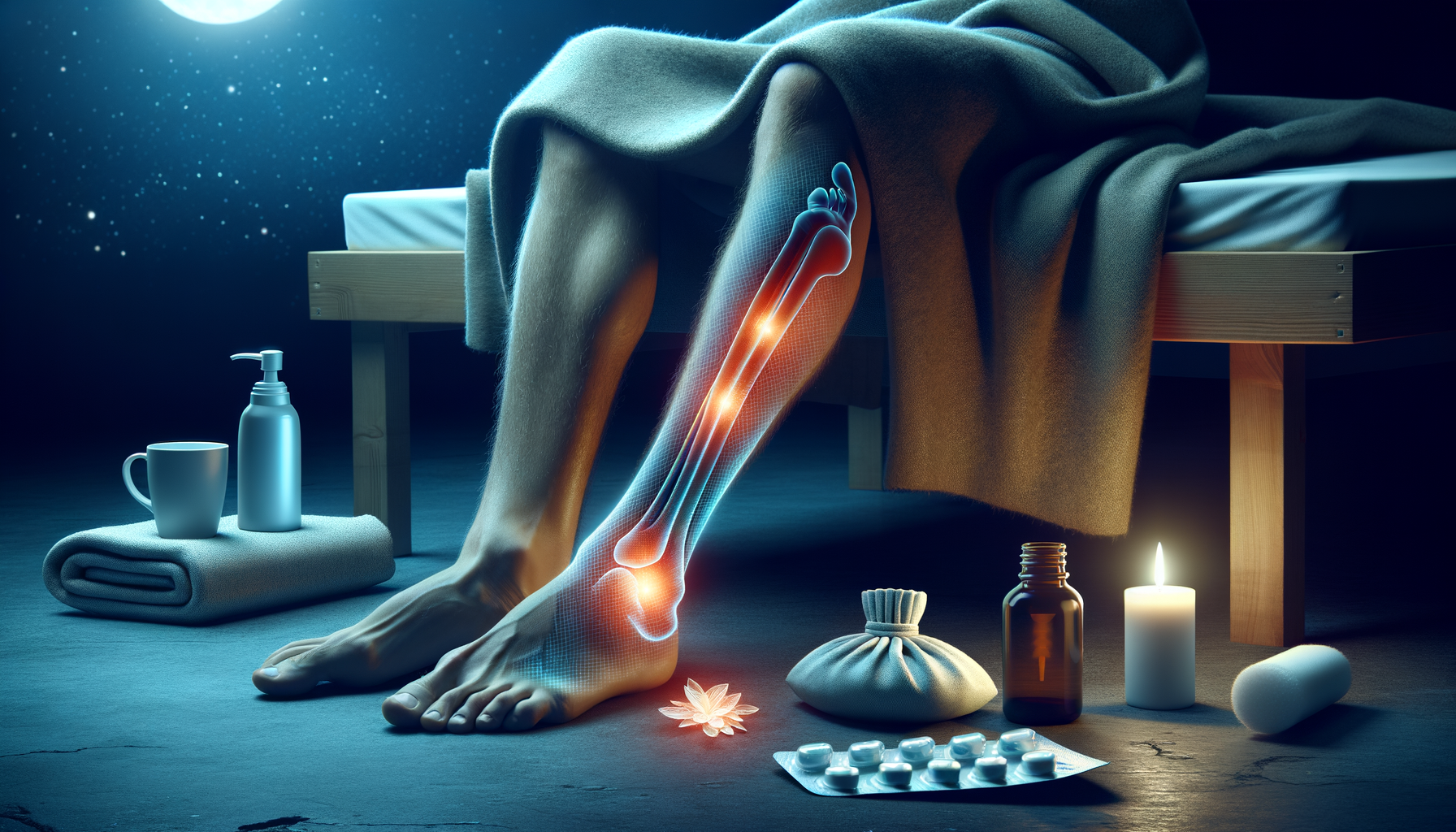
Why Do Your Legs Cramp at Night? Here’s What to Know
Understanding Nighttime Leg Cramps
Nighttime leg cramps, often referred to as nocturnal leg cramps, are involuntary contractions of the muscles in your legs that occur during the night. These cramps can be quite painful and may last from a few seconds to several minutes. While the exact cause of these cramps remains unknown, they are believed to be related to muscle fatigue and nerve problems. Factors such as dehydration, prolonged sitting, or standing, and certain medications can also contribute to their occurrence. Understanding the underlying causes can help in managing and preventing these cramps effectively.
Common Causes of Leg Cramps
Several factors may contribute to the development of leg cramps. One common cause is dehydration, where a lack of adequate fluid intake can lead to muscle contractions. Another potential cause is an imbalance of electrolytes such as potassium, calcium, and magnesium, which play a vital role in muscle function. Additionally, overexertion of muscles during physical activities or prolonged periods of inactivity can trigger cramps. Certain medical conditions, including diabetes and peripheral artery disease, may also increase the likelihood of experiencing leg cramps.
Effective Home Remedies for Relief
When a leg cramp strikes, there are several home remedies that can provide relief. Stretching the affected muscle is often recommended, as it can help alleviate the cramp. Applying heat to the cramped muscle using a warm towel or heating pad can also be beneficial. Some people find relief by massaging the area gently. Staying hydrated and maintaining a balanced diet rich in essential minerals can prevent future cramps. Incorporating regular exercise, particularly stretching exercises, can help keep muscles flexible and reduce the likelihood of cramps.
When to Seek Medical Advice
While most leg cramps are harmless and can be managed at home, there are instances where medical attention may be necessary. If cramps are frequent, severe, or accompanied by swelling, redness, or other unusual symptoms, it is advisable to consult a healthcare professional. Persistent cramps could indicate an underlying medical condition that requires treatment. A doctor may recommend tests to rule out conditions such as nerve damage or circulation issues. They may also suggest medications or supplements to alleviate symptoms and prevent future occurrences.
Prevention Tips for Nighttime Leg Cramps
Preventing nighttime leg cramps involves adopting a few lifestyle changes. Staying hydrated throughout the day is crucial, as dehydration is a common trigger. Engaging in regular physical activity can keep muscles healthy and reduce the risk of cramps. Stretching exercises, particularly before bedtime, can be beneficial. Maintaining a balanced diet rich in vitamins and minerals, such as potassium and magnesium, is also important. Avoiding excessive alcohol consumption and managing stress levels can further aid in preventing cramps.